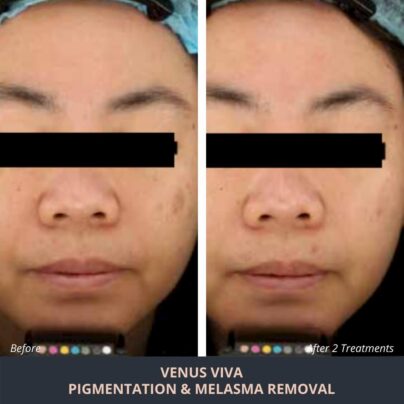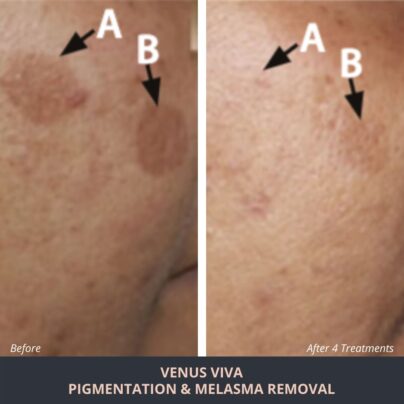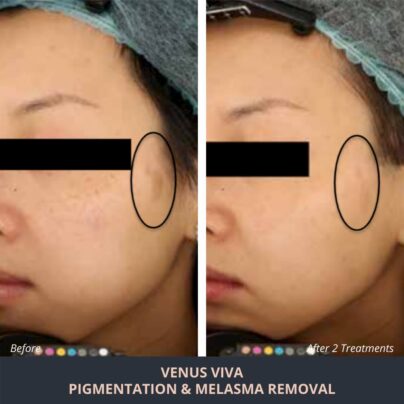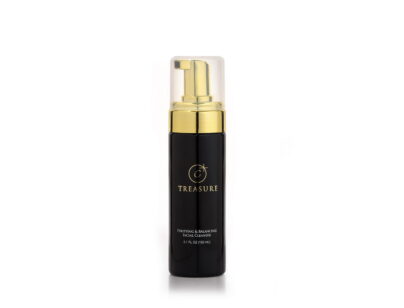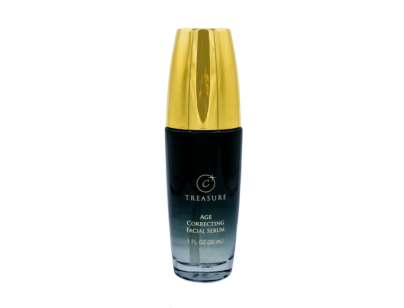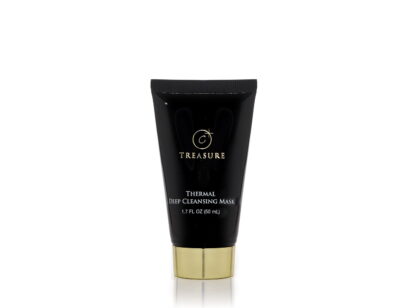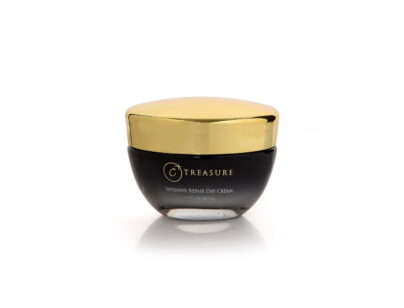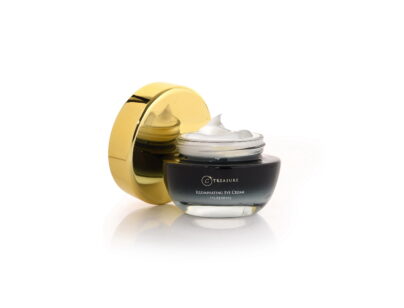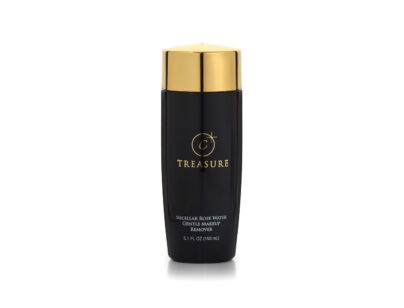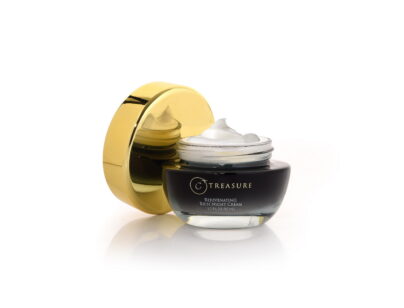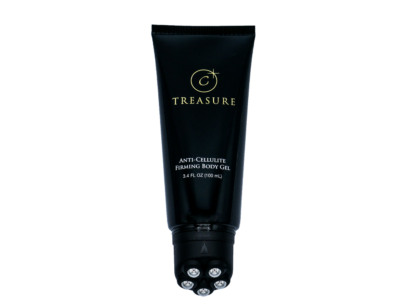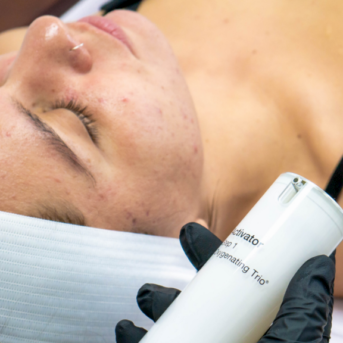Pigmentation & Melasma
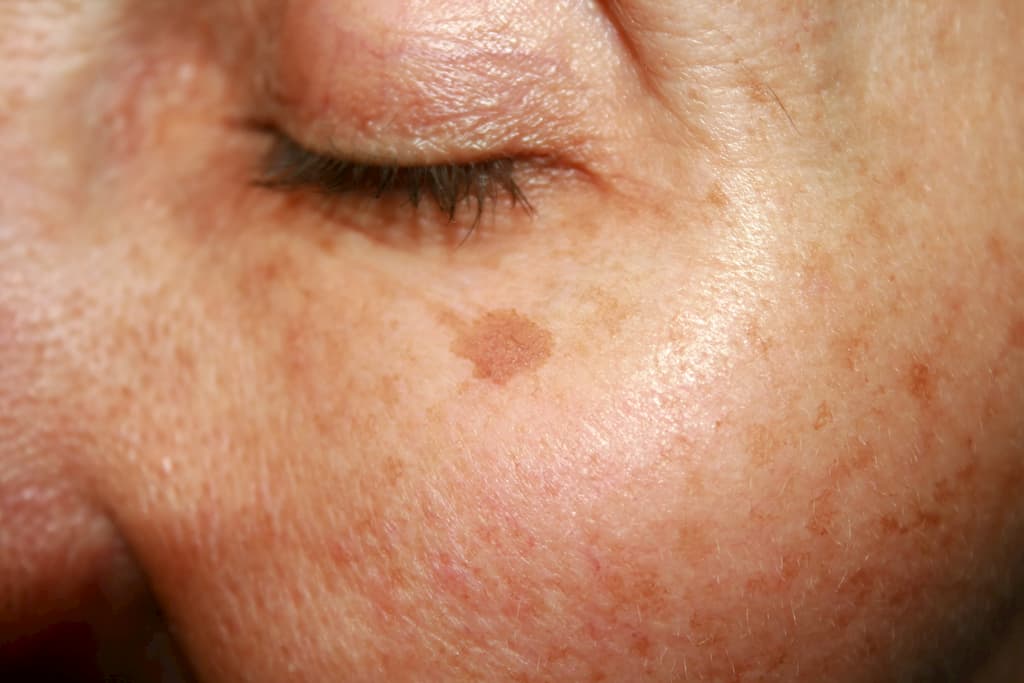
You could be just an hour away from a gorgeous, even skin tone.

Age Most Affected: 25-70

For optimal results, 1-6 treatments are needed

Results will last up to 3 years to permanent

Over 10 000 treatments have been done

Rehabilitation time: up to 24 hours

Depending on the treatment, it may be pain-free, or a local numbing agent can be applied

Suitable for any skin type
Hyperpigmentation Treatment
Do you dream of the day you can finally have a smooth, even skin tone? Does your pigmentation or melasma make you feel insecure?
If dark patches or melasma spots are stealing your confidence, we have great news for you! hope for relief!
At Novuskin, you can finally have the beautiful skin tone you want by safely removing areas of hyperpigmentation and melasma while restoring your skin’s natural radiance with scientific, technology-based skincare that treats more than just the symptoms.
No matter your skin type or color, there is a pigmentation and dark spot removal treatment that’s right for you.
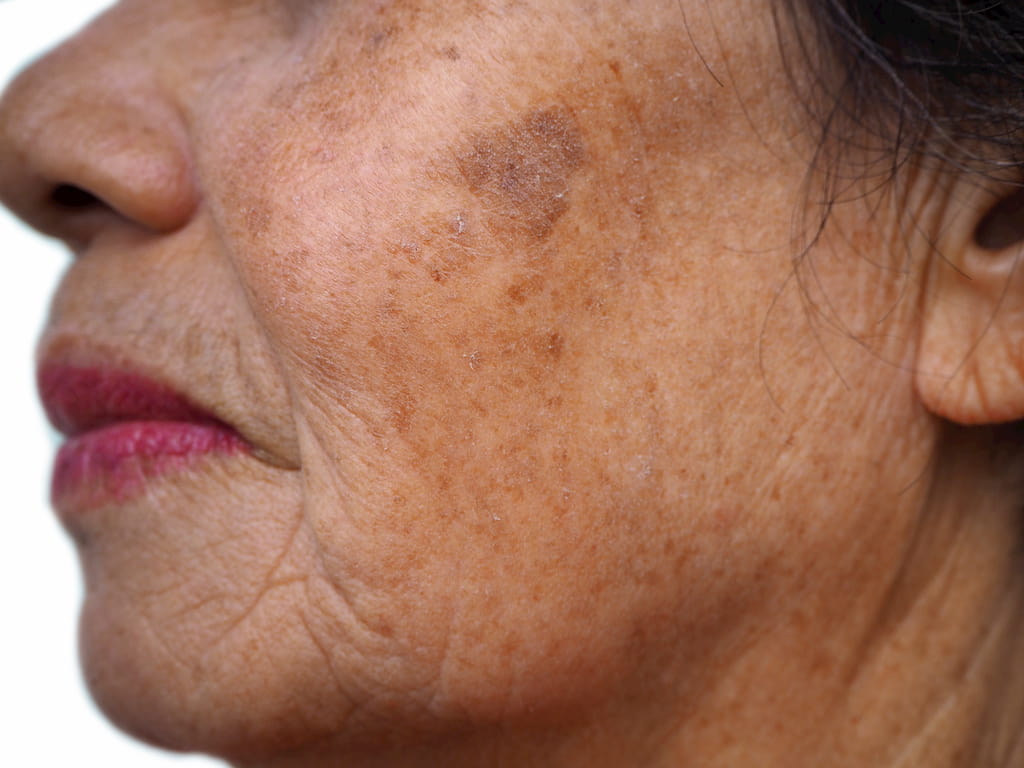
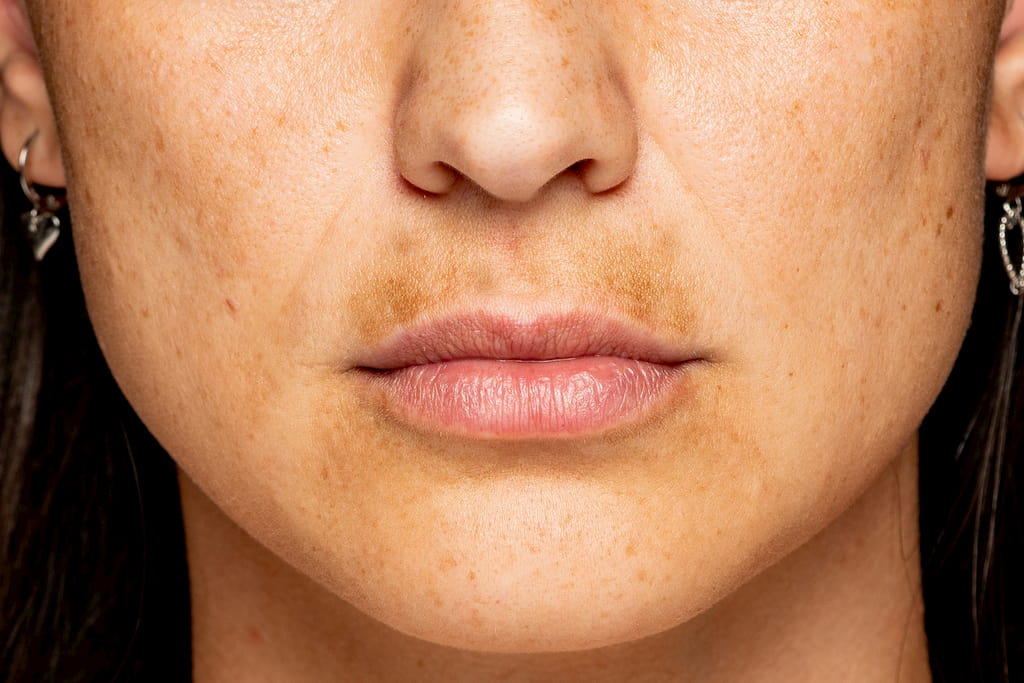
What Are the Symptoms of Melasma and Hyperpigmentation?
Melasma symptoms appear on the skin as dark grey or brown patches. They may look like small spots or large patches. Melasma can sometimes appear during pregnancy (mask of pregnancy), and is at times confused with age marks or freckles, but melasma patches are usually much larger.
Melasma can be triggered by heat, humidity, and hormones. It may also be genetic. Melasma is a common form of hyperpigmentation.
Hyperpigmentation symptoms can be similar to melasma since melasma is a form of hyperpigmentation. Hyperpigmentation refers to any condition that results in certain areas of the skin appearing darker in tone than the rest of the body. Facial hyperpigmentation appears on the face, but other body parts can be affected as well.
Common types of hyperpigmentation in men and women:
- Age spots (senile lentigines)
- Brown spots and freckles (ephelides)
- Sun spots (solar lentigines)
- Melasma
- Post-Inflammatory Hyperpigmentation
Hyperpigmentation and melasma in men and women might look like:
- Patches of dark skin / dark patches on face
- Aging spots on the hands
- Skin discoloration
- Brown spots or splotches on face
- Black marks on the skin
- Tiny black dots on the skin
Where does skin pigmentation appear on the body?
Pigmentation problems such as melasma are often found on the face, but it’s common to also see these skin problems on other areas of the body. You may see hyperpigmentation on the legs, back, chest, arms, and neck.
The most commonly affected areas on the face:
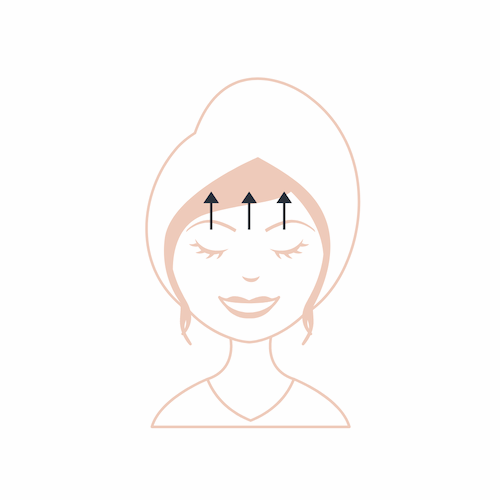
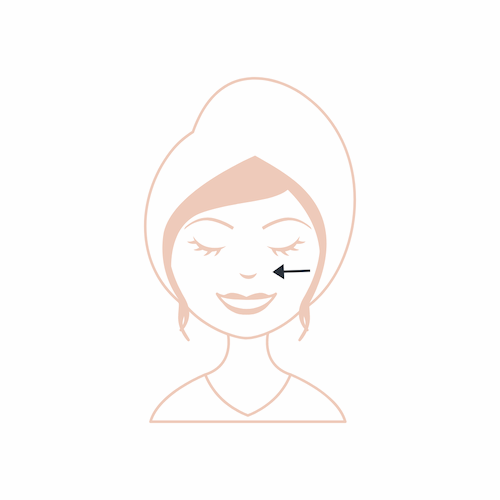



If you’re experiencing pigmentation anywhere on your body, there is help!
Best Treatments for Discolored Skin
Topical creams and ointments do little to control the symptoms of hyperpigmentation. You need to heal your skin from the inside out, something a cream can’t do on its own.
At Novuskin, we use the most advanced, technology and products to help you finally get a beautiful, even complexion, and get back your confidence.
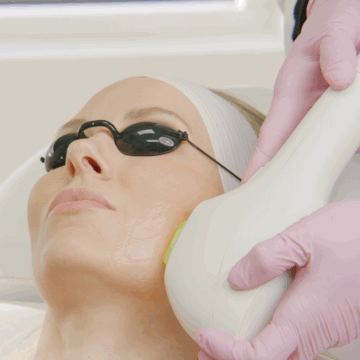
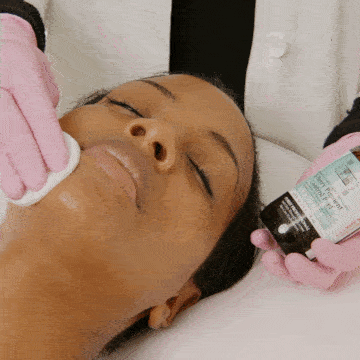
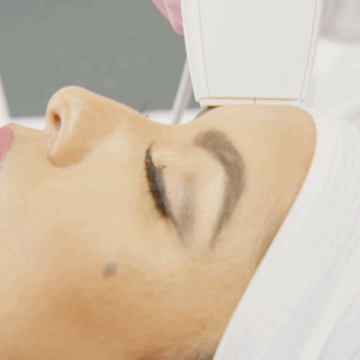
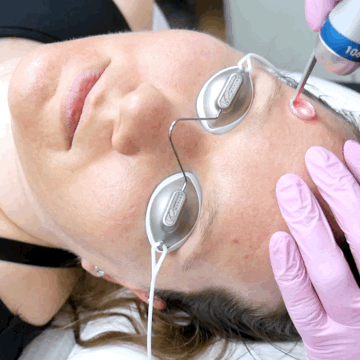

Melasma & Sun Spots Treatment Cost
Novuskin offers flexible and affordable membership options to keep treatment costs for hyperpigmentation among the lowest in our industry. At Novuskin, you’ll never worry about unexpected expenses and enormous investments to reach your skincare goals.
Our all inclusive memberships with a set price are the affordable solution you’ve been searching for.
*Cost and payment options are always fully discussed at your initial consultation.
Learn more about our affordable Novuskin VIP membership options.
Finance your procedure



Сelebrities with Pigmentation on their Faces
Even celebrities get discolored areas on their face. While they may look flawless on screen, celebrities have all types of skin conditions, including the unsightly and embarrassing dark spots caused by hyperpigmentation.





Celebrities use the same treatments we offer to help control and dissolve their melasma.
At Novuskin, we use the world’s best pigmentation removal treatment technology and make it affordable for you!

How Do You Get Rid Of Freckles and Discoloration of the Skin?
The first step is to book a consultation at Novuskin, your premiere membership MedSpa.
Novuskin’s expert aestheticians give you a complete digital skin analysis and talk about the options available for you. We’ll answer all of your questions and help develop a treatment plan centered around your goals.
Pigmentation treatments are fully customized for your skin type and color.
There is no one-size-fits-all approach to dark spot removal treatment!
Contact us today to set up your first appointment.
About Novuskin Staff
At Novuskin, we’re your melasma specialists. We’re ready and waiting to help you get the relief you want and deserve. We can’t wait to see you glow!
Our team includes licensed medical staff, Aestheticians, Laser Techs, and Beauty Consultants.
Our aestheticians are highly trained professionals who’ve studied extensively to deliver world-class technological treatments with excellence. Aestheticians are trained to know the physiology of the skin at a cellular level, and to understand the relationship between the science of our bodies and the technological treatments we offer.
We’ve performed more than 58,000 treatments for our VIP Members.
You’re in excellent hands at Novuskin.
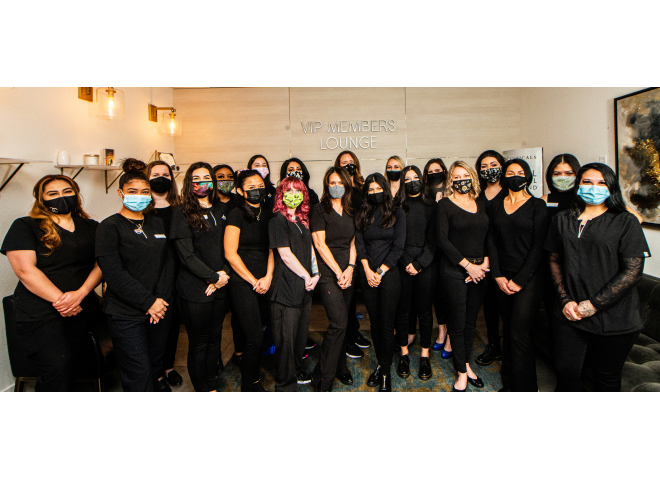

Skincare for Hyperpigmentation and Melasma
Melasma and hyperpigmentation aren’t caused by poor skin hygiene, but regular and consistent skincare will go a long way to slow down the progression of skin thickening and keep other issues like breakouts and aging from developing prematurely.
Novuskin developed our gentle CTREASURE skincare line that can be used every day. CTreasure is full of the world’s best skincare ingredients like caviar, apple stem cells, vitamins, minerals, amino acids, and Matrixyl 3000. CTreasure is highly effective yet gentle enough to be used daily.
FAQs
What is melasma?
Melasma is a completely harmless skin condition that causes dark grey or brown freckles or patches on the skin. Melasma is called the mask of pregnancy, as it sometimes develops due to the hormone changes in pregnant women. Melasma appears when the skin overproduces melanin, the cells that give your skin its color. In a non-pregnant woman, melasma is sometimes called chloasma, but the conditions are the same.
What is post inflammatory hyperpigmentation?
Post inflammatory hyperpigmentation (PIH) appears as dark spots or patches on the skin. Also known as post inflammatory melanosis, PIH appears after a trauma to the skin creates a change in cellular production. This is commonly seen in people who suffer from acne; it appears as dark spots where acne sores have healed.
How long does it take to remove skin discolorations?
There are some home remedies that can fade dark spots on your skin over a long period of time. However, these often don’t fully remove the pigmentation and can take a year or more to become effective. If you seek medical spa treatments, the results and the time it takes to get them could be drastically reduced.
In some cases, dark spots on your skin can be removed after just one treatment. In other cases, and depending on the treatment that’s best for you, it may take up to six treatments to see your dark pigmentation fade.
At your initial consultation, we will perform a comprehensive digital skin analysis and give you a complete treatment plan that includes information about how long we expect it to take for your melasma or hyperpigmentation to fade.
Does it hurt?
This depends on what treatment you choose, however, if your treatment may be painful, we can provide a topical anesthetic to minimize your discomfort.
Some treatments do not cause any pain. Others, like chemical peels, may cause mild but tolerable discomfort. Laser treatments may be painful and require an anesthetic. At all times, you will be in control, and if the pain or discomfort becomes too much for you, your aesthetician will stop the treatment.
Skin Hyperpigmentation Treatment Recovery Time
The recovery time you require depends on the course of treatments you choose. Some treatments like IPL require no downtime. Others, such as chemical peels, may leave you mildly red for a few days. Laser treatments might cause more irritation and you may need a week to see the redness fade completely. However, with all our treatments, you should be able to return to your regular activities immediately.
Aftercare
Because there are so many different treatments for hyperpigmentation and melasma, it’s important to understand each one will have its own after-care procedures. At your treatment session, your aesthetician will give you complete instructions about your aftercare. Here is some helpful information.
What To Do After Your Procedure
- Use your homecare products as described. Beautiful skin is built in your bathroom each morning and evening. The products we give you will help you maintain and enhance the results of your treatment, and you will not have the best results without nourishing your skin at home.
- Wear sunscreen. This will give your skin an opportunity to heal without causing dryness or damage from UV rays. We recommend you wear an SPF of 30-50 every single day of your life.
- Drink plenty of water. You’ll give your body the best chance at healing if you are well hydrated.
What Not To Do After Professional Melasma Treatments
- Try to avoid cosmetics on the day of your treatment. If you must wear makeup, apply it sparingly.
- Don’t use chemical peels or other harsh exfoliants or products for at least a week following your treatment. Depending on what treatment you had, you could potentially strip your skin and cause more damage.
- Don’t expose your skin to direct sunlight or use tanning beds for at least a few weeks following your treatment. Your skin may be more sensitive to light and you may cause damage to your healing skin. Wear SPF and if you’re going to be in the sun, be sure to wear a shade hat and sunglasses.
What to Expect After Treatment for Pigmentation
You’ll likely see a noticeable difference in your hyperpigmentation spots almost immediately. In some instances, your pigmentation might be gone! Generally, you can expect to see residual fading in the days and weeks after your treatment that is cumulative – the more consistent you are with your treatments, the better (and quicker) your results will be.
Contraindications
We will make sure to discuss any contraindications, dangers, and risks to your treatment at your consultation. If you feel you may have a contraindication, please feel free to ask us. For some treatments, these may be contraindications, however, because you suffer from something on this list, it does not mean you are disqualified from all our treatments. Please book a consultation so we can discuss your options further.
- If you’ve been using Accutane or other products or medication that thin the skin
- If you’ve had recent cosmetic surgery or laser treatments
- If you have psoriasis, active rash, or open wounds in the treatment area
- If you have any infectious diseases
- If you have high blood pressure or heart disease
- If you are pregnant or breastfeeding
- If you have severe rosacea
- If you’re suffering from active herpes simplex
- If you have gotten a tattoo or permanent cosmetics in the past week
- If you have folliculitis
- If you have skin cancer
- If you have autoimmune disorders of the skin
Side Effects
Hyperpigmentation or melasma treatment can cause:
- Red skin or inflammation; most people experience redness after chemical peels and laser treatments. This is a normal reaction.
- Peeling and scabbing
- Scaring
- Infection
- Allergic reactions like blotchiness or hives
- Breakout after the treatment
The risks of treatment are minimal.




